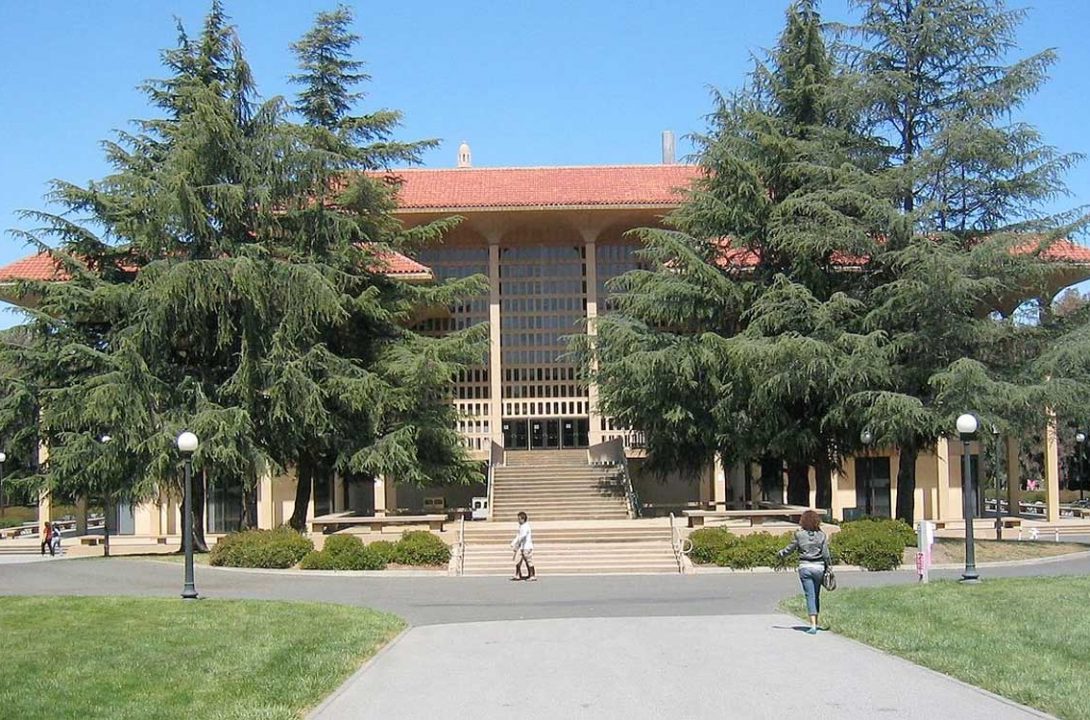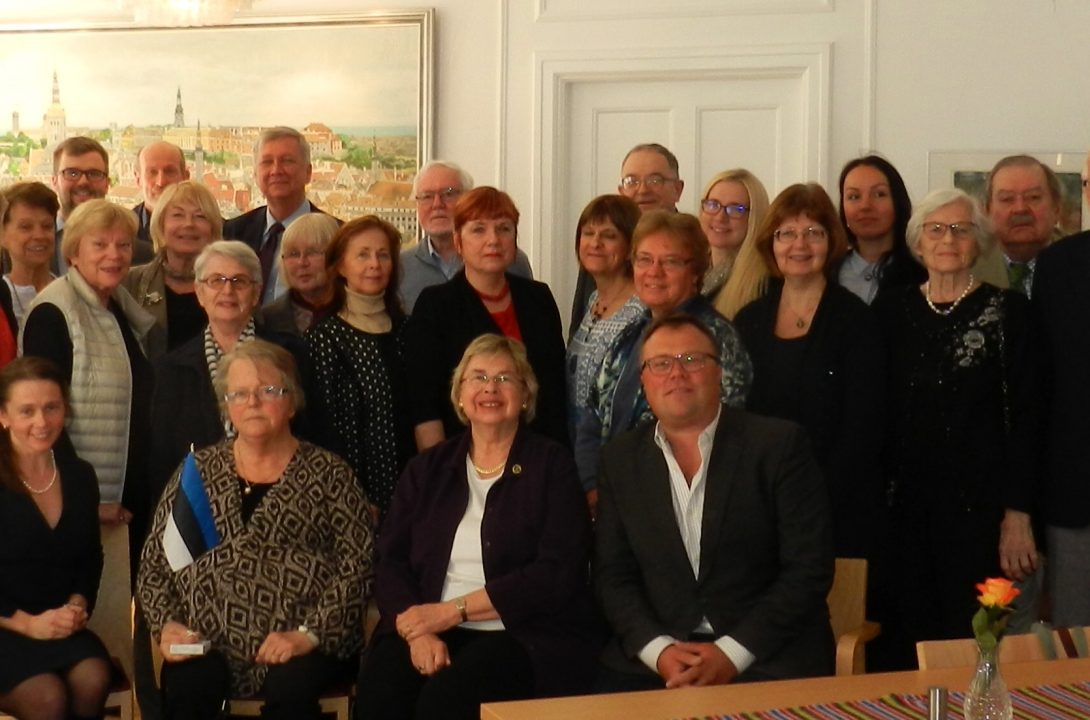Woman with Estonian Roots Chosen for NASA Astronaut Class
November 15, 2013Elin Toona Gottschalki “Into Exile: a life story of war and peace,” saab auhinna / wins award
December 20, 2013Olga Kistler-Ritso, the founder of Tallinn’s Museum of Occupations, has died at the age of 93.
Olga Kistler-Ritso, who received the Estonian American National Council’s 2012 award for “Outstanding Achievement,” passed away on Nov. 18, 2013, in Redmond, Washington. Dr. Kistler-Ritso established the Kistler-Ritso Foundation together with her husband, Walter P. Kistler, in 1998. Dr. Kistler-Ritso initiated and funded the Tallinn Museum of Occupations, completed in 2003, which her foundation manages. The Foundation has also given a $4 million endowment to Stanford University to support collections, studies, and education on Estonian history from 1940-91. Other endeavors supported by Dr. Kistler-Ritso include the film, “The Singing Revolution.” Walter Kistler, Dr. Kistler’s husband, received the award on her behalf at EANC’s 60th anniversary gala on September 29, 2012.
More details: From ERR NEWS, Published: 21.11.2013 14:25
“An eye surgeon and philanthropist, she and her husband Walter Kistler are known for providing the seed capital for the foundation of the museum, which is dedicated to exhibitions and research into both the Soviet and Nazi occupations. Opened in 2003, the museum was also the first purpose-built museum building in Estonia.
She lived through several occupations herself. She was born Olga Ritso in Ukraine in 1920, where her Estonian father was a medical student, during the chaos of the civil war.
As Soviet power consolidated, the family’s attempt to return to Estonia via Moscow was complicated. In 1922, her mother died of illness related to the Holodomor, the Ukraine famine. Her father was arrested by the Bolsheviks and would not be reunited with the family until 1932. The children managed to receive safe passage to Estonia thanks to her uncle’s railway connections and the aid of the Red Cross, and initially stayed with foster families upon their return.
She grew up and attended school in Tallinn, graduating from the University of Tartu’s medical school.
She fled in autumn 1944 to Germany, where she worked as an eye doctor and pediatrician in displaced persons camps. After emigrating to the US in 1949, she continued practicing medicine and in 1960 married prominent Swiss-born physicist and engineer Walter Kistler.
Kistler-Ritso kept a close eye on developments in Estonia, and visited family there in 1976. The freedom of 1990s brought a chance for greater involvement, and the foundation for the Museum of Occupations was established in 1998. The museum was completely funded by private donations. In 2011, the foundation also provided a large endowment to the Stanford University Libraries’ Baltic studies program.
Kistler-Ritso is survived by her husband and her daughter, Sylvia Thompson, who is in charge of running the foundation.
An exhibition on Kistler-Ritso’s life and legacy is currently running at the museum.”


